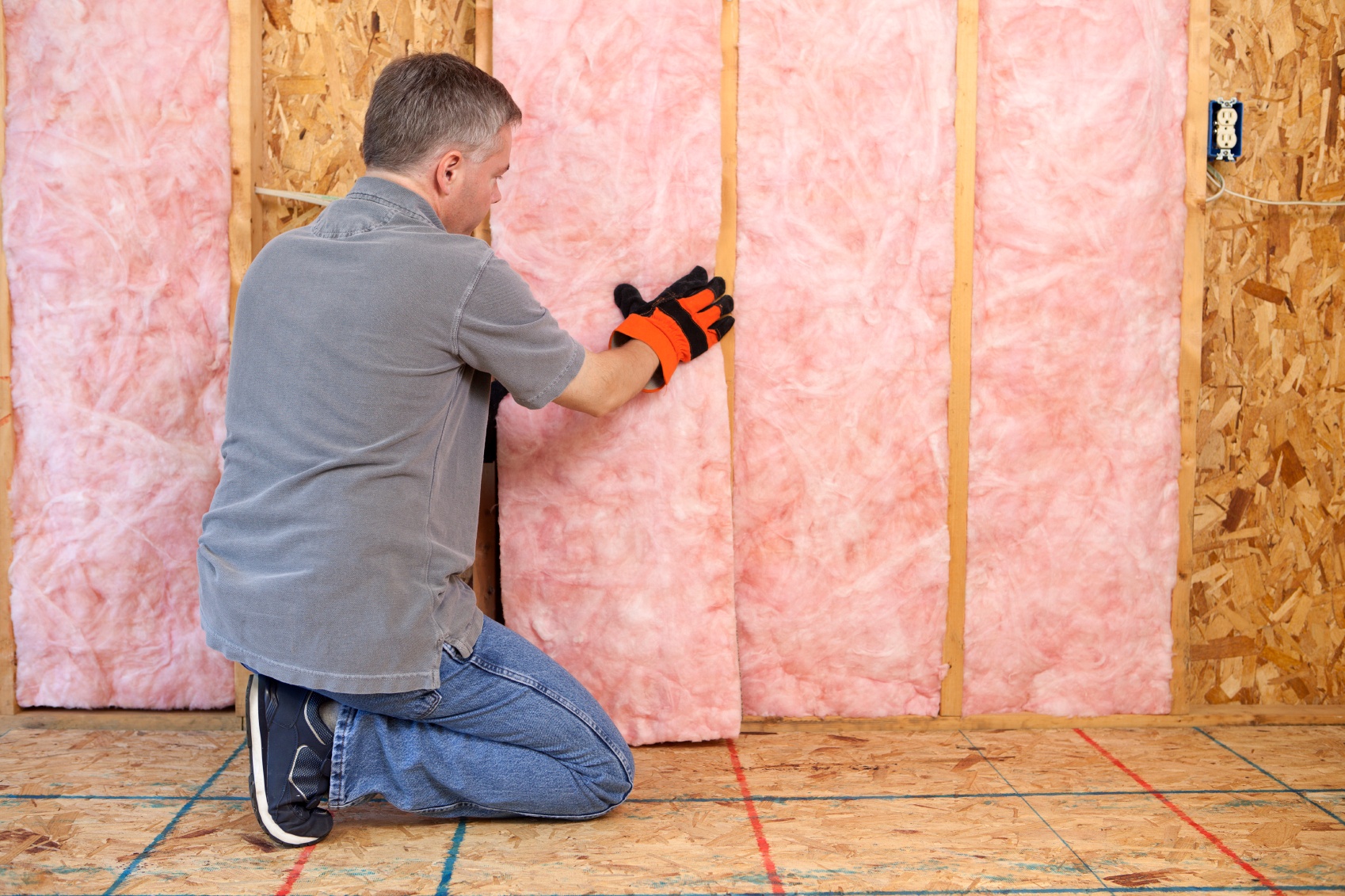 Every homeowner is aware of the fact that their new or existing house should have the proper insulation. Most people know that it is important for keeping the cold air in when the temperature outside is hot and vice versa. However, not many people know exactly what insulation is or how it works. Here is Warner Service’s quick and easy guide to the ins and outs of home insulation:
Every homeowner is aware of the fact that their new or existing house should have the proper insulation. Most people know that it is important for keeping the cold air in when the temperature outside is hot and vice versa. However, not many people know exactly what insulation is or how it works. Here is Warner Service’s quick and easy guide to the ins and outs of home insulation:
What is insulation? Though there are many variations of insulation, or thermal insulation if you want to use the professional’s term, the most common type is made of small rocks and small pieces of glass that have been melted down and spun into fine strands of wool. A binding agent is used to help keep the strands together.
Why is it important? Remember when you learned about convection, radiation and conduction in your middle science class? The exact same logic applies to your home’s temperature. According to physics, hot air naturally flows into spaces where cooler air is present. This process is in an attempt to achieve the proper balance in your home. This means that cool air in a room that is already air conditioned will flow upward toward the attic, where it is typically warmer. Insulation provides a solid barrier to slow down heat exchange, which keeps warm air inside during the winter and cool air inside during the summer.
Where is it installed in my home? Builders will usually hire a subcontractor (since the process requires special tools and specific knowledge) to install insulation in your home’s attic, floors, walls and ceilings in order to help achieve maximum climate control and energy efficiency.
What is the proper maintenance? For insulation to fully assist your equipment’s longevity and help your HVAC systems work at maximum capacity, it, first and foremost, needs to be dry. If you spot mold or mildew, call a professional for moisture control and cleaning. To avoid water damage and other insulation issues, try these tips:
- Use a moisture-resistant barrier
- Caulk around your windows and doors
- Use large gutters and gutter guards around your home’s exterior
- Ventilate tight spaces
- Stop air and duct leaks on sight
- Check the thermostat’s settings
- Hire a professional to do a maintenance check-up on the equipment every one to three months
- Check the refrigerant on the heat pump and/or in the air conditioner; adjust levels if necessary
- Properly size your home’s air conditioning unit
What are some added benefits to insulation? Aside from keeping your home’s climate controlled with extreme seasonal shifts, insulation has many other advantages, such as:
- Prolonging the lifespan of a home’s HVAC equipment
- Saving a homeowner money on repairs and replacements of HVAC systems
- Using less energy on your cooling and heating systems, which helps to save the environment’s limited resources
As a new or existing homeowner, you are now educated about the ins and outs of proper home insulation. You know what it is, how it works, where it is installed, what the advantages are and how to take care of it. For any questions or concerns about your home’s insulation, or to schedule a maintenance check-up, call Warner Service today.

